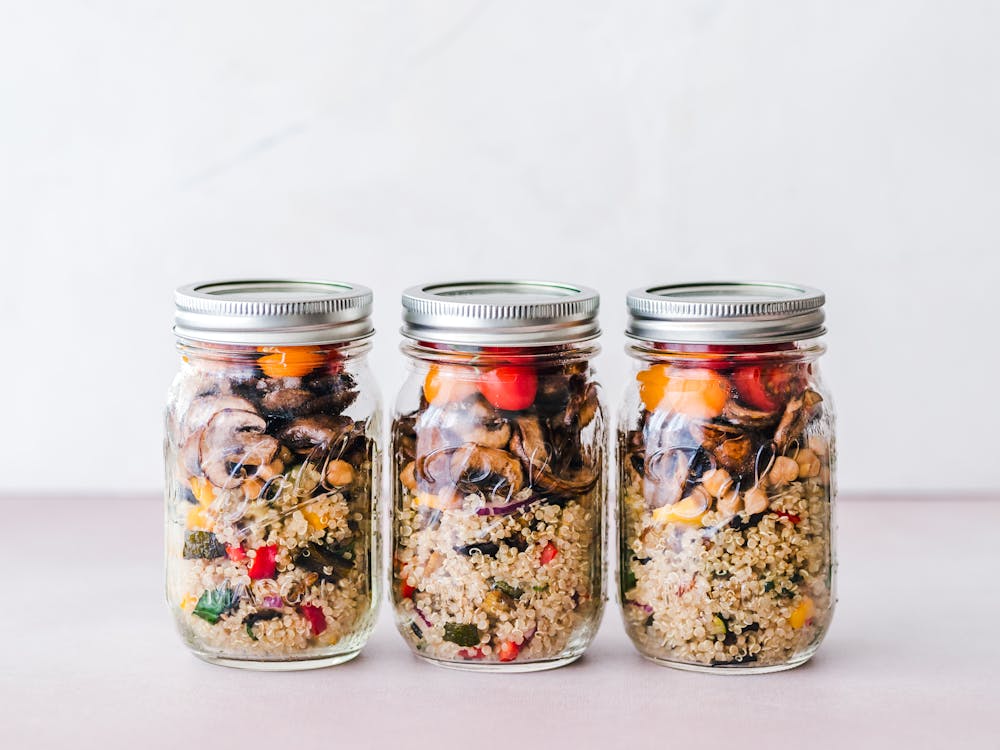What are Food Additives?
What are Food Additives?
Food additives are defined, according to the Spanish Food Code, as "those substances that can be intentionally added to food and beverages in order to modify their characteristics, their preparation or preservation techniques or to improve their adaptation to the use for which they are destined ".
Food additives are not intended to modify the nutritional value of foods, in such a way that, for example, when ascorbic acid is added to a fruit juice with antioxidant function, that is, to improve its preservation, it is considered as an additive and not as a nutrient. On the other hand, if these substances are eliminated during the transformation processes or, if they are merely residual, they are considered manufacturing aids.

Food additives differ from other food components in that they are added voluntarily, they are not intended to enrich the food with nutrients, and are only used to improve some of the aspects of the food, such as shelf life, taste improvement , color, texture etc.

To facilitate their use, labeling and being internationally recognizable, they are named by a one-letter code (which if they are from European regulations is "E") followed by three figures; the hundreds figure refers to the type of additives, classified into the following four groups:
1.Colorants
2.Preservatives.
3.Antioxidants
4.Stabilizers

The other figures correspond, in addition to the additive, to the family and the species. The other categories are only provisional and tend to change frequently. In Spain there are still additives that start with the letter H, which indicates that although they are included in the Spanish regulations, they are not yet recognized in the European one. In addition, in our country there are still two laws: the Technical Sanitary Regulations on flavorings and the provisions related to the rest of additives distributed in twenty-four categories.
Comments
Post a Comment